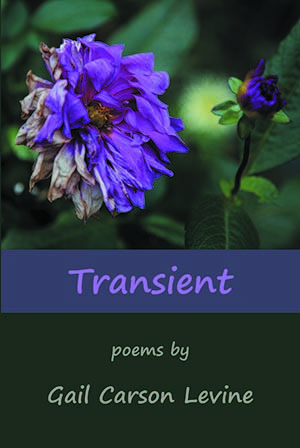
for children since the beginning, but I wasn't educated, hadn't read much poetry and hadn't been taught since high school. About fifteen years ago, my friend, the children's book writer Susan Campbell Bartoletti, organized a poetry retreat for women children's book writers. I attended the second year, taught by poet Nancy Willard, and then I signed up every year for the next nine, as long as the retreats lasted.
The more I drank poetry, the thirstier I became. I took courses, paid the poet Molly Peacock to mentor me. I found poets whose work I loved. Finally, I applied to NYU's' MFA program in poetry and squeaked in.
Gradually I've gone from confusion to the start of understanding. I'm, still not educated enough and still haven't read enough. But I put together this book anyway, using everything I'd' been taught and everything I picked up. I learned that poets write their obsessions, return again and again to the territory where they find their meaning. Or we explore new territory and find significance in the exploration.
What freedom poets have! What freedom we confer on readers! Poems reflect tiny moments brought to the fore only because a poet thinks they deserve notice. Or they encompass our biggest concerns, often through a pen that illuminates the particular in the enormous.
No strictures! We decide where to break lines and how to place words. Do we want long lines or short? Some long, some short? Stanzas or no stanzas? Couplets, tercets, quatrains, something else? Rhyme? Meter? Form, like a sonnet or a villanelle? Or free verse. We consider the effects of white space, as a visual artist might. We choose to punctuate or not, capitalize or not — choices that would horrify me when I'm writing fiction. We can even decide to disregard meaning and go abstract, directing the reader to sound and language play.
Speakers of poems — narrators — present themselves unguardedly and reveal socially unacceptable emotions and ideas. I find myself in such poems. Yes, sometimes I'm jealous or petty, sometimes filled with rage or resentment. I, too, hate to be criticized. The poems I love most are the ones I recognize myself or my history in, as if the poet sees herself in her mirror and accidentally reflects me. Improbably, she reaches out of her different life and locates my heart. What I hope most for this collection is that a few of these poems will find you, too.
